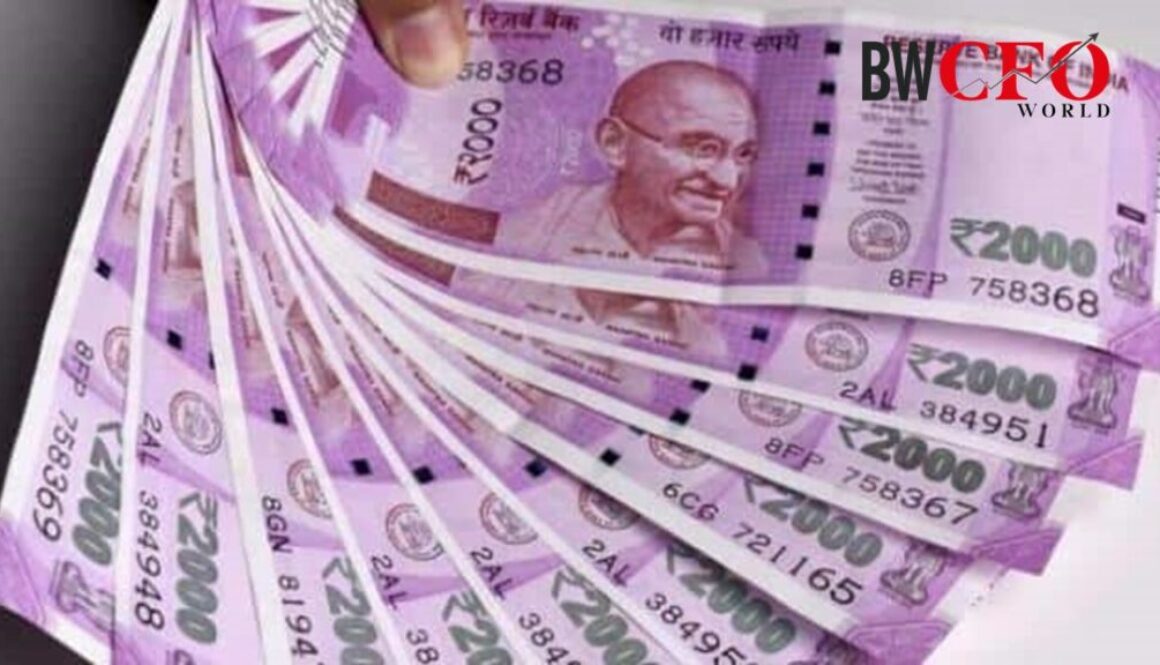Decent Growth Likely In FY23: MPC Member Jayanth R Varma
Asked about the threat from the new Covid variant to the economy, he said the Omicron variant does create uncertainties, but he thinks the world is slowly beginning to live with the Covid-19 virus.
Eminent economist Jayanth R Varma on Sunday expressed hope that in a few quarters from now, capital investment would begin to pick up even in the old economy, and said the next fiscal year is also expected to witness decent growth.
Varma, who is also a member of the Monetary Policy Committee (MPC) of the Reserve Bank, in an interview to PTI said that inflation is a matter of concern, but as of now, it is the persistence of inflation rather than its level that is a matter of concern.
“I am quite optimistic about the Indian economy and its growth prospects… The next year (2022-23) is also expected to witness decent growth,” he said.
According to Varma, the pre-pandemic level of economic activity has already been surpassed, and the rest of this financial year should also see further recovery.
He noted that the calendar year 2021 saw dozens of new economy companies receive large funding both in private and public equity markets and these companies would have positive spillover effects on the rest of the economy as well.
“I am hopeful that in a few quarters from now, capital investment would also begin to pick up even in the old economy,” the eminent economist said.
Asked about the threat from the new Covid variant to the economy, he said the Omicron variant does create uncertainties, but he thinks the world is slowly beginning to live with the Covid-19 virus.
“We should expect more new variants of the virus to emerge, but as vaccination coverage improves, the virus is becoming less dangerous,” he said, adding that health precautions like masks and social distancing have become ingrained in “our habits and in organisational systems and processes”.
As a result, Varma said most sectors of the economy are now able to function with minimal risk to employees and customers.
“This reduces the downside risks to economic growth,” he observed.
The new potentially more contagious B.1.1.529 variant was first reported to the World Health Organisation (WHO) from South Africa on November 24, and has been designated as a “Variant of Concern” by the global body, which named it “Omicron”.
The Reserve Bank of India (RBI) has lowered the growth projection for the current financial year to 9.5 percent from 10.5 percent estimated earlier, while the IMF has projected a growth of 9.5 percent in 2021 and 8.5 percent in the next year.
On high inflation, Varma pointed out that a few months ago, CPI inflation had breached the upper tolerance band of 6 percent, but more recently, CPI has been well within the band.
According to him, the worry is that inflation is not coming down to the 4 percent target, and there is a risk of it stabilising at 5 percent instead for too long a period.
“The rise in core inflation, as well as WPI inflation, suggest that CPI inflation may stay elevated well into 2022-23.
“I believe that monetary policy should be conscious of this risk and that we should stand ready to prevent such an outcome,” he said.
Retail inflation inched up to a three-month high of 4.91 percent in November, mainly due to an uptick in food prices, while the wholesale price-based inflation surged to more than a decade high of 14.23 percent mainly due to hardening of prices of mineral oils, basic metals, crude petroleum and natural gas.
Replying to a question on cryptocurrencies, Varma said he believes that a strong and self-confident country like India should not be afraid of cryptocurrencies.
“Properly regulated cryptocurrencies do not pose any threat to a country with sound economic management and well functioning regulatory frameworks. There is, therefore, no case whatsoever for a ban,” he asserted.
Noting that cryptocurrencies like any other financial products do give rise to investor protection issues, he said, “there is a need for a sound regulatory regime to deal with these.”
According to Varma, regulators around the world have developed mechanisms to manage these risks and India should also proceed on this path.
India is contemplating bringing a bill in Parliament to deal with the challenges posed by the unregulated cryptocurrencies. Currently, there are no particular regulations or any ban on use of cryptocurrencies in the country. Asked about the impact of ‘taper tantrum’ or withdrawal of monetary stimulus by the US Federal Reserve on India, he said the Indian economy is a lot more resilient on the external front than it was in 2013.
“I expect that monetary policy would be able to focus on domestic policy imperatives; we can well afford to let the exchange rate be determined by market forces,” Varma said.
Varma opined that in any case, using the interest rate to achieve an exchange rate objective would be inconsistent with the inflation targeting framework that is in place today.
The taper tantrum had started in mid-2013 when the Fed hinted at reversing its easy monetary policy.
(PTI)

